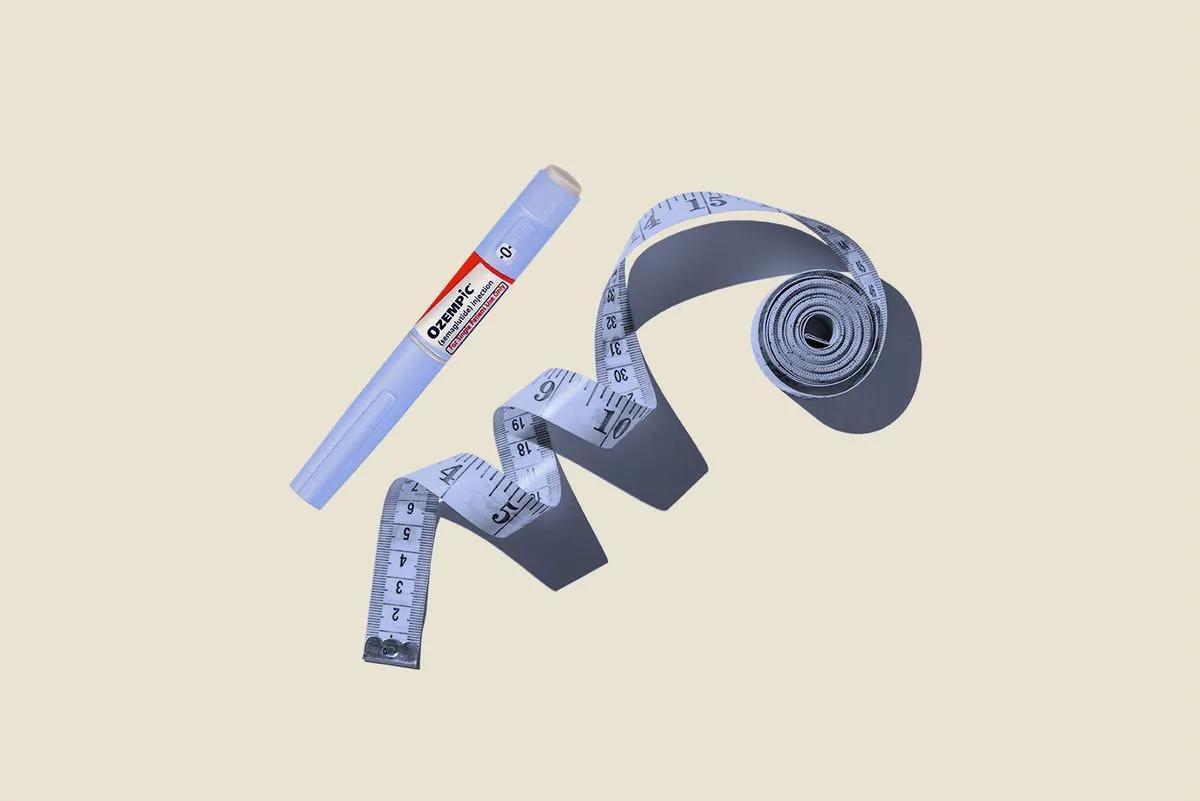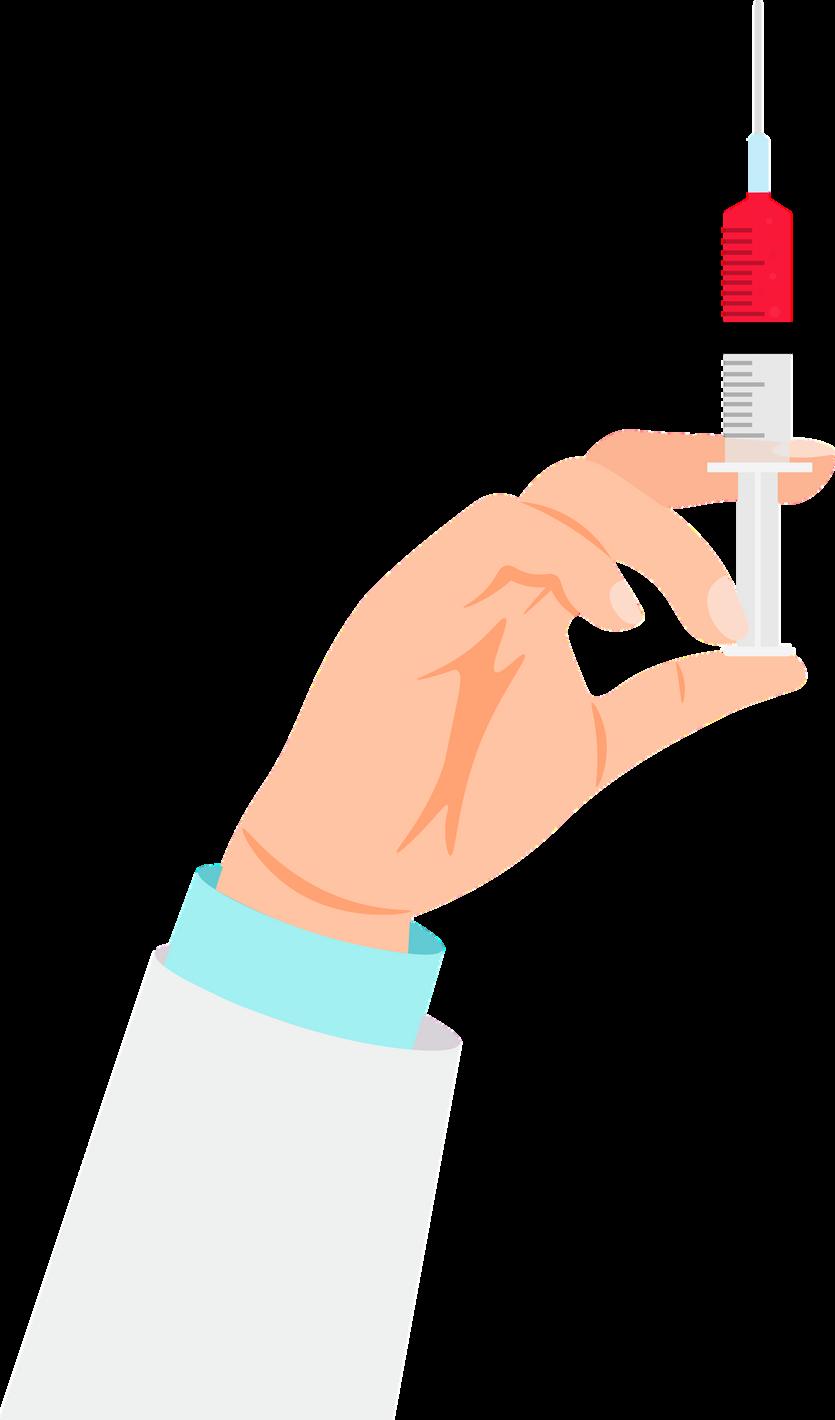THOUGHTSPARKS



Three-quarters of all Americans are overweight or obese. Despite the diet industry's ballooning revenue at some $80 billion, whatever they are doing clearly is not working
which is a great business model but a pretty bad outcome for customers. With a whole new category of diabetes drugs being prescribed off-label for weight loss, what can we expect next?


As the Washington Post’s Tamar Haspel observes, “When threequarters of humans can’t navigate the system successfully, the problem is the system, not the humans.” She notes that the food industry “developed product after product that was deliberately designed to be overeaten.” She uses the analogy of trying to play tennis with Serena Williams – no matter how much you practice, you’re unlikely to triumph.
In an ironic complementarity, the weight challenges largely created by Big Food spawned an entire $80 billion industry dedicated to correcting the problems of overconsumption. The flagship company built on the premise of helping people combat the pervasive outcome of too much readily available food was Weight Watchers, founded in 1963.
In addition to regular old willpower, Weight Watchers’ founder Jean Neditch “turned the drab, frustrating diet into a quasi-religious quest, with membership commitments, eating systems, inspirational meetings and cookbooks, food products and motivational success stories to reinforce the frail will.”
So we have the unintended consequence of Big Food’s business model making many, if not most, people fatter and sicker, and the ineffective antidote offered by the diet industry. Enter a new kind of competition, offering drugs that promise weight loss without willpower.


A fascinating public policy question is whether we as a society can absorb the cost of food production as it currently exists AND $80 billion in spending for diet companies AND the expense of large numbers of people using costly drugs for a lifetime?

cost of all versus simply providing better information about what we are eating
Want to spark some thinking in your own organization?
Book Now

https://thoughtsparks.substack.com/

